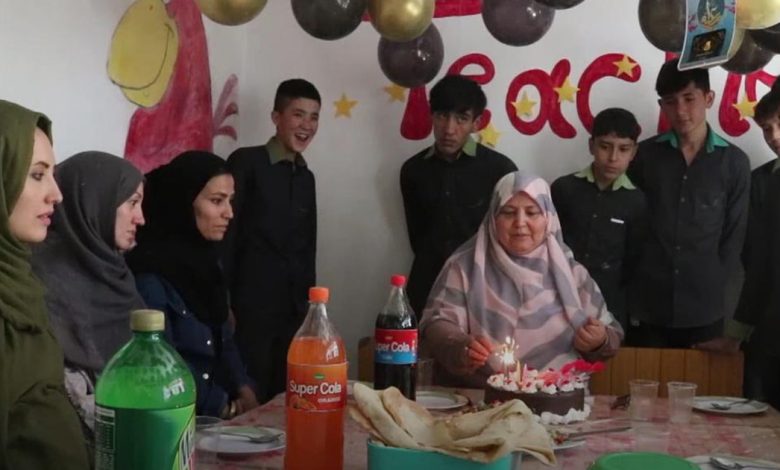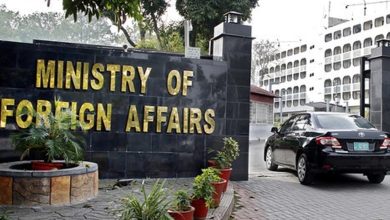
Teachers are not a priority
Bayan News – Some teachers in Afghanistan complain about the difficult economic situation on Teacher’s Day, stating that in the past years, they have not received much attention and have been neglected in terms of support.
Sayed Mahdi Hussaini
Today, on Friday (October 5th), coincides with National Teacher’s Day in Afghanistan. Unlike previous years, this day has not been warmly welcomed and, similar to last year, has not been taken seriously.
In the previous government, promises such as distributing land or houses to teachers were made every year on National Teacher’s Day. However, not only were these promises not fulfilled, but the economic situation for teachers has worsened each passing year.
Currently, a teacher in Afghanistan receives a maximum of 8,000 Afghanis from the government as a salary, which is not sufficient to meet their basic needs. There have been instances where teachers have engaged in economic activities in the market to make ends meet.
Mohammad Nadim, a teacher in Kabul, has been teaching in schools for about ten years. He told Express News that the government’s salary does not fulfill his daily life needs, and he is currently struggling with economic challenges.
He further stated that the root of Afghanistan’s social problems lies in education, and unless education and teachers are properly and sincerely supported, the country’s problems will not diminish.
According to him, the Islamic Emirate should understand the position of teachers in Afghanistan and practically support the education system and teachers, so that the issue of illiteracy can be resolved, and the healthy upbringing of children in this country can be ensured.
Sakina, a young woman who has studied literature and turned to teaching in schools due to unemployment, teaches at two schools simultaneously to generate income for her life affairs.
Sakina said that in the past twenty years, the importance and position of teachers have not been given attention and have been completely forgotten. This shows that support for education in Afghanistan is not a priority.
According to her, the economic problems and the high level of poverty in Afghan society have affected the education process and have diminished the motivation among teachers.
She also mentioned the prohibition of education for girls, stating that the continuation of these educational restrictions has had negative psychological and emotional effects on girls, and they suffer from a dark future.
This teacher stated that due to these educational prohibitions, some families have resorted to migration to neighboring countries so that their daughters do not remain illiterate.
Abdul Salam Hanafi, the administrative deputy of the interim government’s chief of staff, emphasized in a ceremony held in Kabul to commemorate Teacher’s Day that students should see education with an Islamic spirit and national interests.
The administrative deputy of the government also emphasized that students should acquire Islamic and essential knowledge after completing their regular studies.
However, according to published statistics, currently, there are 10 million students in 18,498 schools and educational centers, with over 200,000 teachers organized and arranged.







